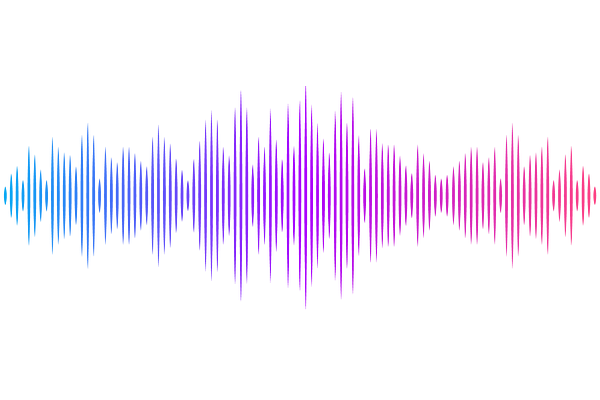Uridine cytidine kinases dictate the therapeutic response of molnupiravir via its bioactivation

Uridine cytidine kinases dictate the therapeutic response of molnupiravir via its bioactivation
Shu, H.; Sharma, S.; Alam, S.; Frank, L.; Tampere, M.; van Kuilenburg, A. B. P.; Valerie, N. C. K.; Altun, M.; Chabes, A.; Rudd, S. G.; Zhang, S. M.
AbstractMolnupiravir is a nucleoside analogue antiviral drug with activities against a broad spectrum of RNA viruses, including its clinical indication SARS-CoV-2. Whilst its antiviral mechanism-of-action is well defined, host pharmacogenetic factors that regulate its therapeutic responses - efficacy as well as selectivity - have not been mechanistically deciphered and characterized. Here we identified that uridine cytidine kinase (UCK), the first and rate-limiting kinase of the pyrimidine salvage pathway, could effectively phosphorylate N4-hydroxycytidine (NHC), the active compound of molnupiravir, and thereby dictate its anti-SARS-CoV-2 efficacy, as well as its selectivity index. Using target engagement and enzyme kinetic assays, we demonstrate that recombinant UCK isoform 1 (UCK1) and 2 (UCK2) effectively bind and phosphorylate NHC, with UCK2 displaying 9-fold higher catalytic efficiency. Accordingly, in SARS-CoV-2-infected cells, downregulation of UCK2 via siRNA hampered the intracellular accumulation of the triphosphate antiviral metabolite of NHC, resulting in 10-fold reduction of antiviral efficacy. Furthermore, we could recapitulate this using a pan-UCK small molecule inhibitor. Critically, both UCK downregulation and inhibition significantly reduced the selectivity index of molnupiravir/NHC. Altogether, this work underscores the pivotal roles of UCK enzymes in upholding molnupiravir efficacy and therapeutic window, and furthermore, highlights their potential as pharmacologically tractable targets for tailoring the therapeutic response to this antiviral agent.